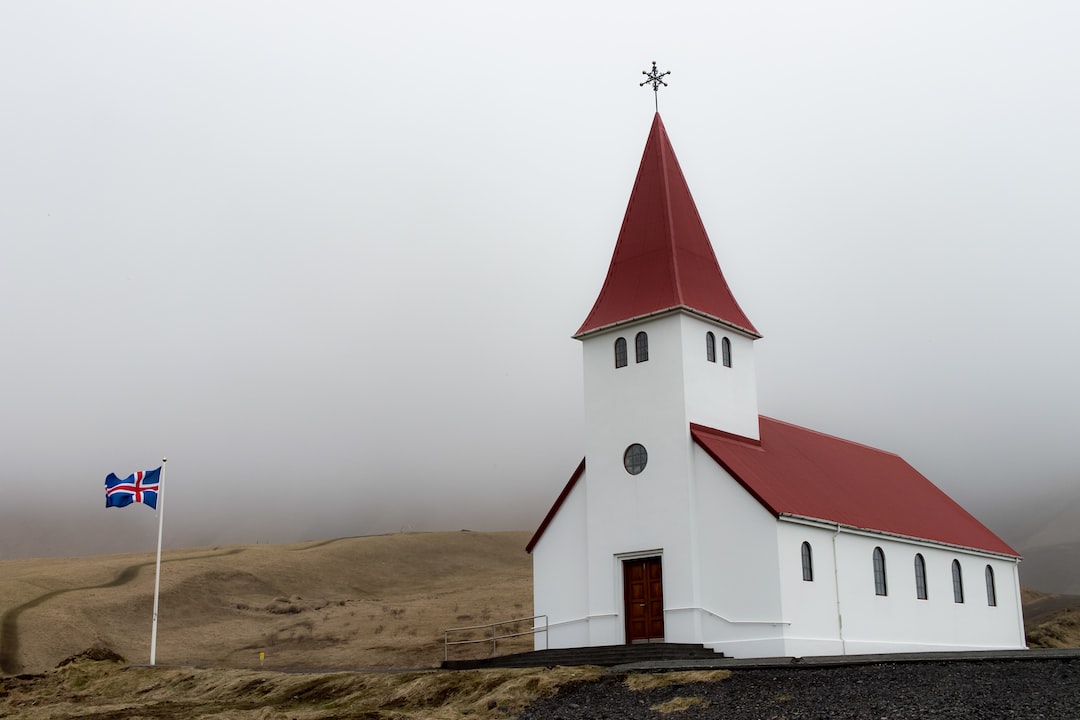Pilgrimages have been an integral part of human history and religious traditions for centuries. From Mecca to Santiago de Compostela, people from different cultures and religions embark on these spiritual journeys to seek inner peace, divine blessings, and a deeper connection with their faith. While the concept of pilgrimage may seem outdated in our modern society, its significance and place are still very much relevant.
One of the most evident reasons for the continued significance of pilgrimages is their ability to provide a sense of purpose and meaning in a fast-paced and materialistic world. In a society obsessed with consumerism and instant gratification, pilgrimages offer individuals an opportunity to step back, reflect on their lives, and reassess their priorities. By embarking on a spiritual journey, pilgrims detach themselves from worldly distractions and focus on their spiritual growth and enlightenment.
I believe that pilgrimages also play a vital role in fostering intercultural and interfaith dialogue in our diverse and globalized world. As people from different backgrounds join together on these spiritual journeys, they not only gain a deeper understanding of their own faith but also develop respect and empathy for different religious traditions. Pilgrimages create a space where individuals can engage in meaningful conversations, share experiences, and bridge the gaps between cultural and religious differences. In a time when conflicts and misunderstandings between various religious groups are prevalent, pilgrimages can serve as a catalyst for building bridges and fostering a sense of harmony and unity.
Moreover, the significance of pilgrimages extends beyond religious beliefs. Many non-religious individuals are now embarking on these journeys as a means to connect with nature, find tranquility, and experience personal growth. For them, a pilgrimage is not just about visiting sacred sites but also about embarking on an internal journey of self-discovery. The physical challenges faced during these journeys, such as long hikes and perseverance, push individuals outside their comfort zones and allow them to tap into their inner strength. As a result, pilgrims often return from their journeys with a renewed sense of purpose and a greater appreciation for life.
In addition to their spiritual and personal significance, pilgrimages also have significant economic and cultural impact on the communities they pass through. These journeys provide employment opportunities, boost local businesses, and preserve cultural heritage. They often revitalize small towns and communities that may otherwise be forgotten or neglected. Furthermore, the exchange of cultures and traditions between the pilgrims and local communities enriches the social fabric and helps preserve age-old traditions and customs.
In conclusion, pilgrimages continue to hold great significance in modern society. They offer individuals a chance to find purpose, foster intercultural dialogue, and experience personal growth. In a world plagued by materialism and conflict, these spiritual journeys transcend religious beliefs and bring people together. Whether one embarks on a journey to Mecca, Jerusalem, or any other sacred destination, the significance of pilgrimages cannot be underestimated. They are a testament to the enduring need for self-discovery, unity, and connection that exists within each of us.

